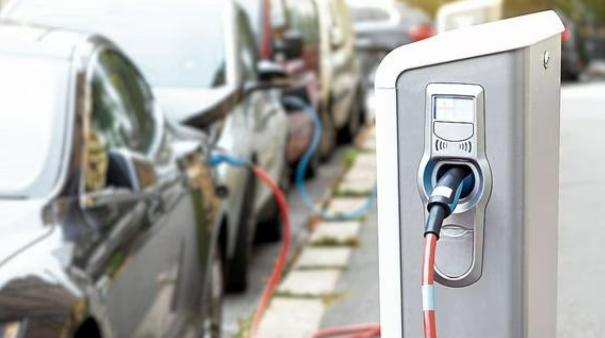
High Fiscal Costs Slow Projects to Promote Electromobility in Peru

The Peruvian government rejected a project in Congress to promote electromobility in the country, alleging that it would generate a fiscal cost equivalent to some US$ 5,476 million due to an eventual exemption from different taxes.
According to information from the Reuters news agency, the project is currently being debated in the Legislative power, dominated by right-wing parties, seeking to encourage the electric vehicle market in the South American nation, a global trend for the replacement of fossil fuels such as gasoline.
Through an official statement, the Ministry of Economy described the proposal as regressive and ineffective because it mainly benefits a segment of the population that does not need state aid and will not contribute to reduce the impact of environmental pollution or vehicle congestion.
Related content: Uber Pledges Zero Emission Cars Globally by 2040
Questioned Figures
Measures such as the exoneration of sales tax, income tax and consumption tax in the incipient market in the country, would have a fiscal cost of approximately 20,000 million soles between 2023 and 2032, the economic portfolio specified.
The exonerations reach all types of four-wheeled electric vehicles, “including luxury cars and golf carts,” the ministry stated. Peru took in 2018 a first step to promote electromobility with the reduction to zero of the import tax on electric vehicles.
In the communication, the Ministry of Economy added that the initiative is excessively costly considering that global producers already plan to migrate their production to electric vehicles within 5 to 10 years.
“In that sense, there will be a natural transition that does not require policy measures with high fiscal and regressive impacts,” it stresses.
Project to be Reviewed
After the Peruvian Executive Branch’s statement, the Congressional Economic Commission backed down in its attempt to grant more tax benefits to companies.
This occurred during the second discussion of the bill for the promotion and development of green transport and zero emissions, which intended to exempt companies that use electric vehicles as part of their production process from income tax (IR) for five years.
In addition, the same company would pay a reduced rate of 5% income tax on its total income, and not the general rate of 29.5% currently in force.
Likewise, other tax benefits were also granted, such as the exoneration of IGV (Value Added Tax) to electric car dealers.





